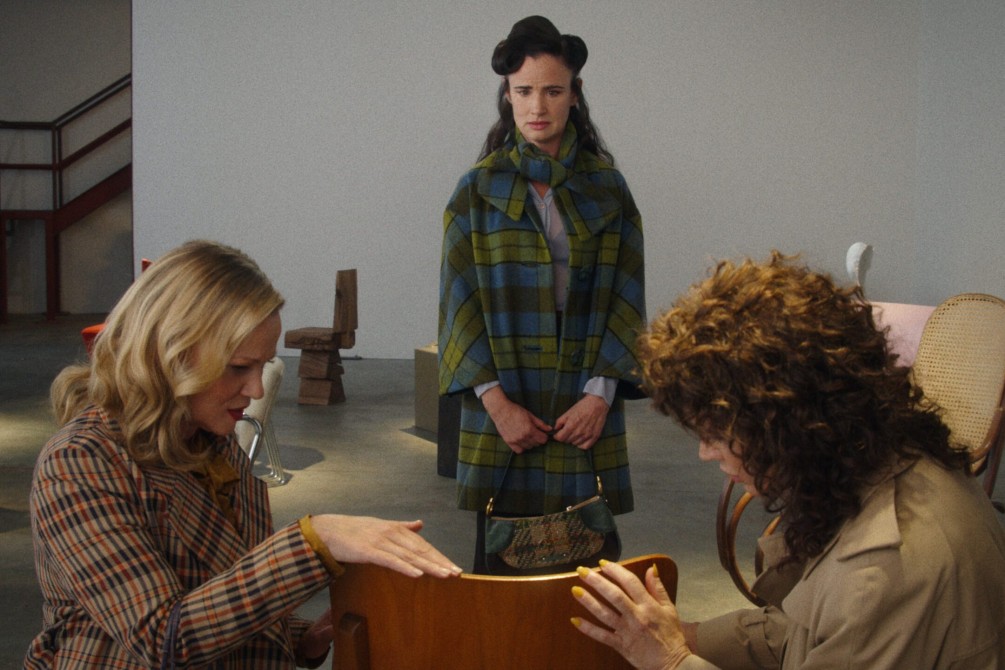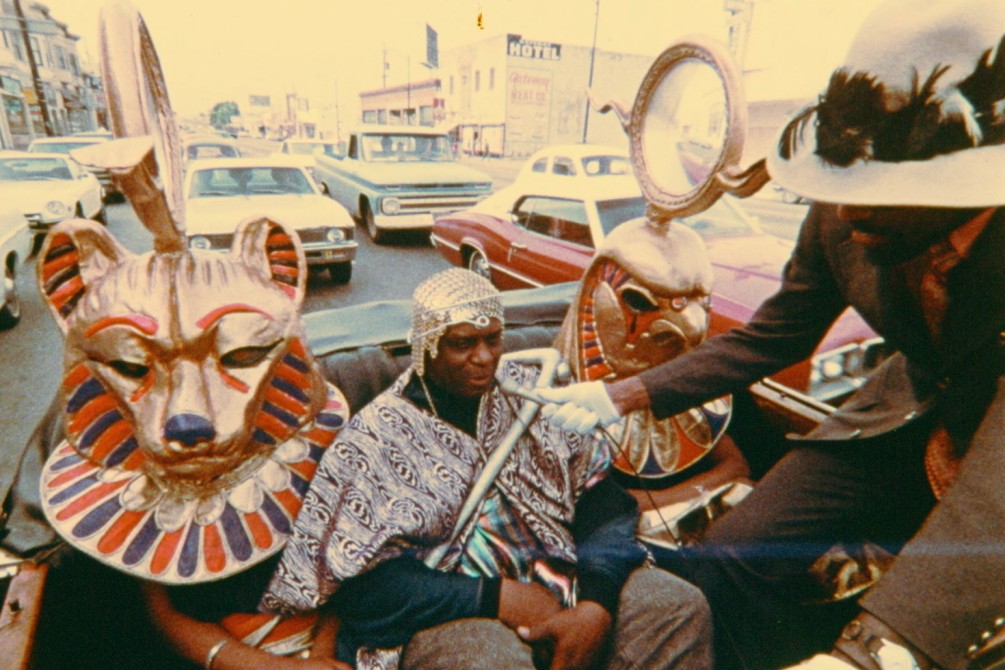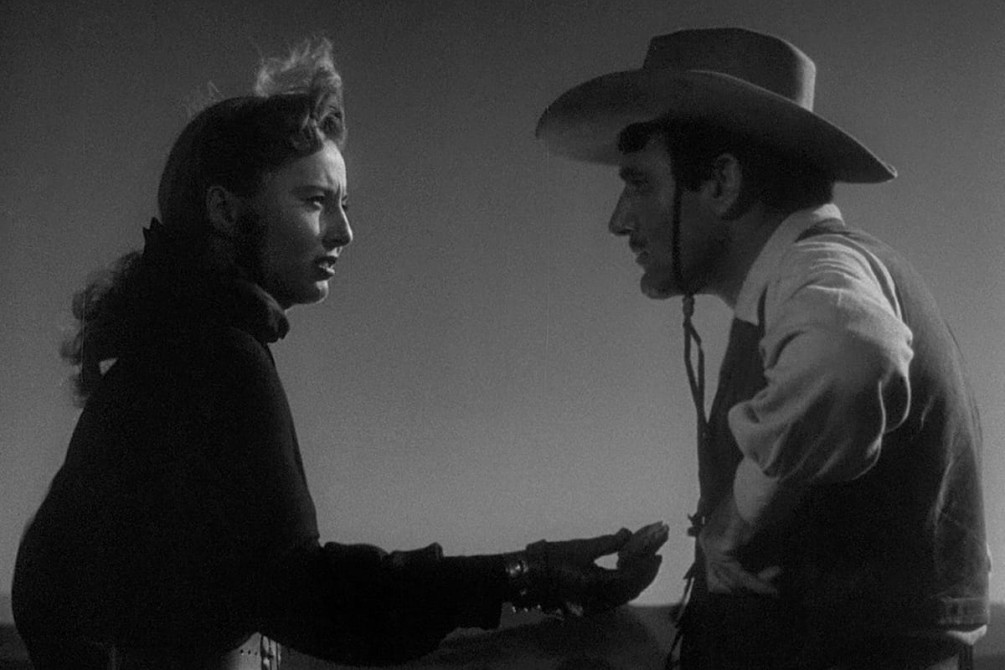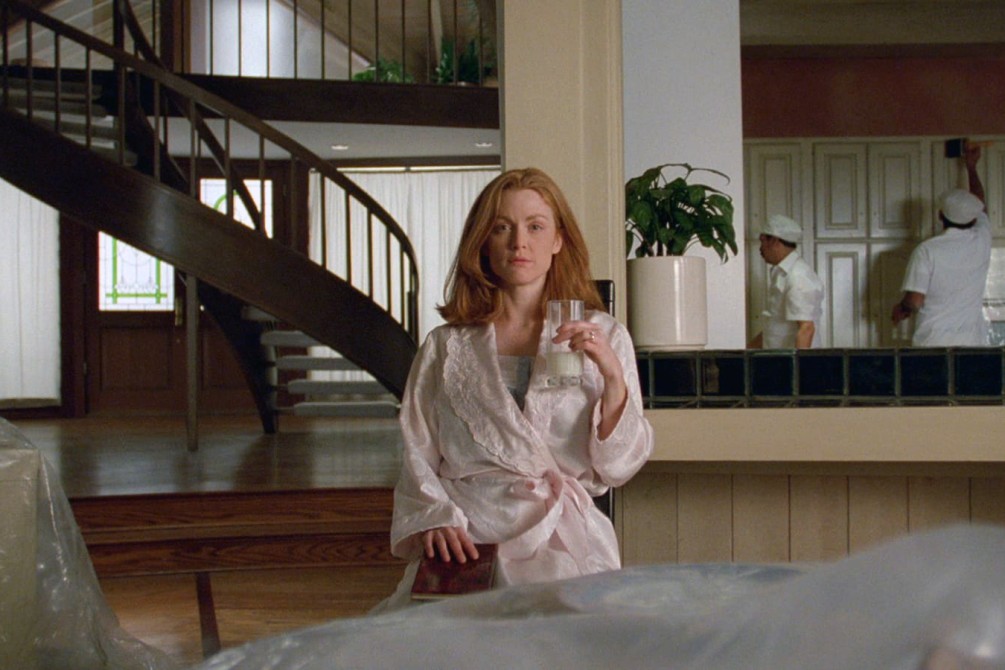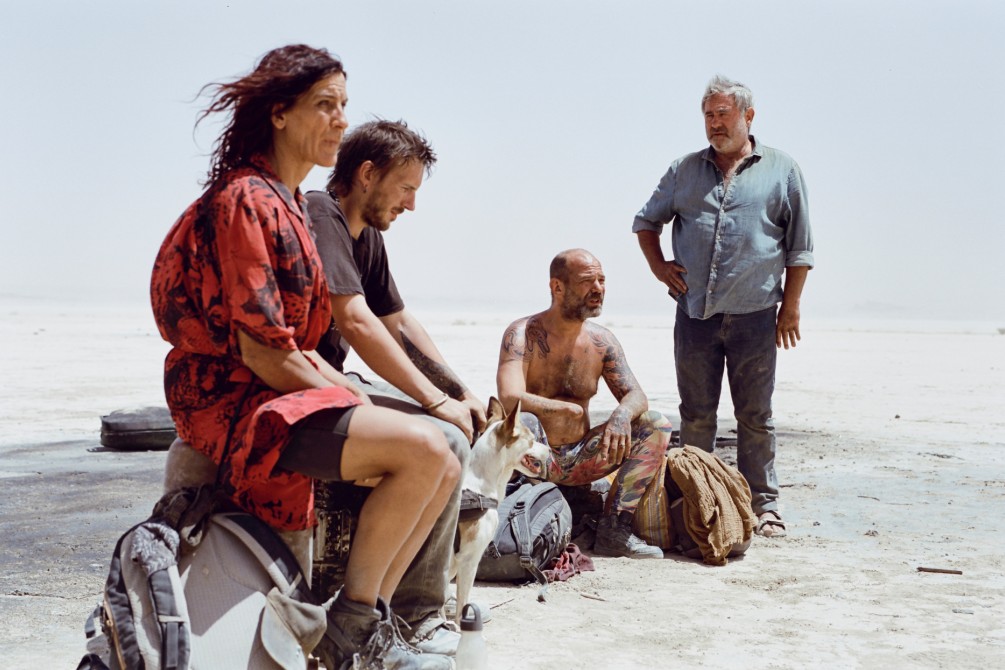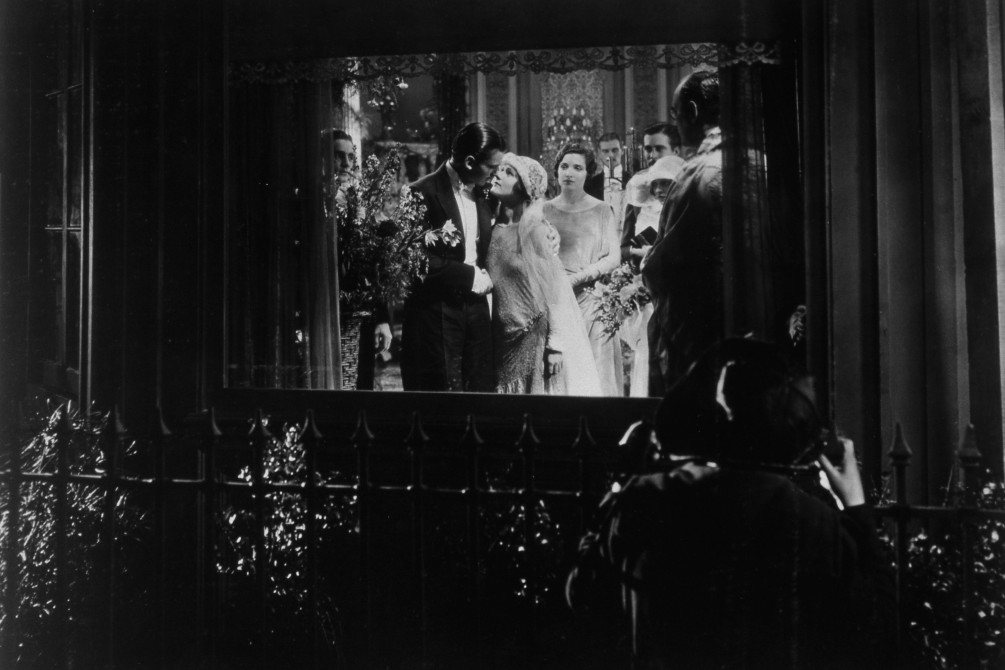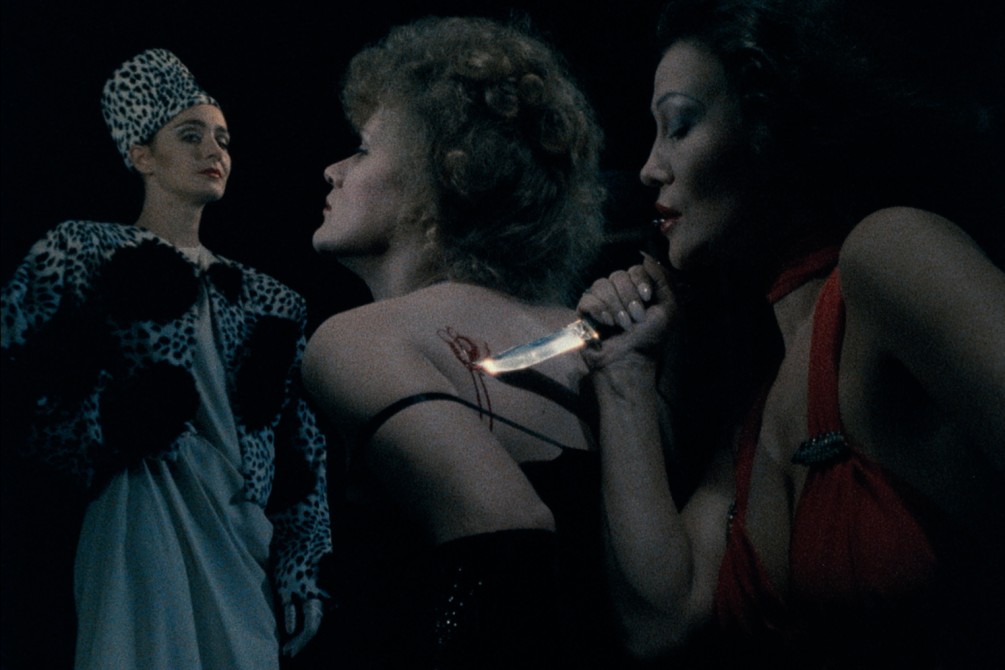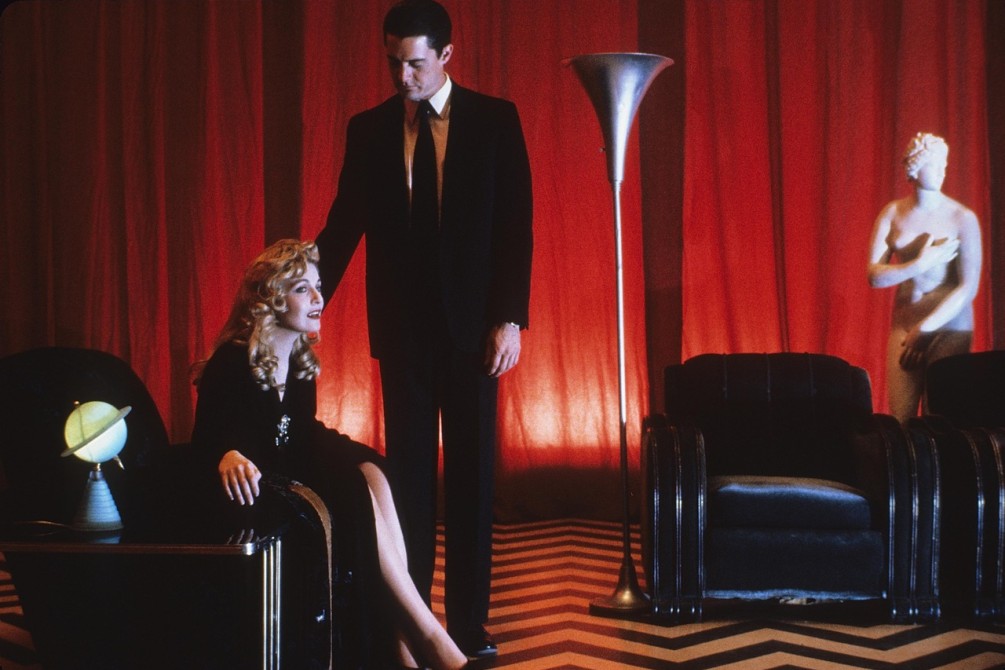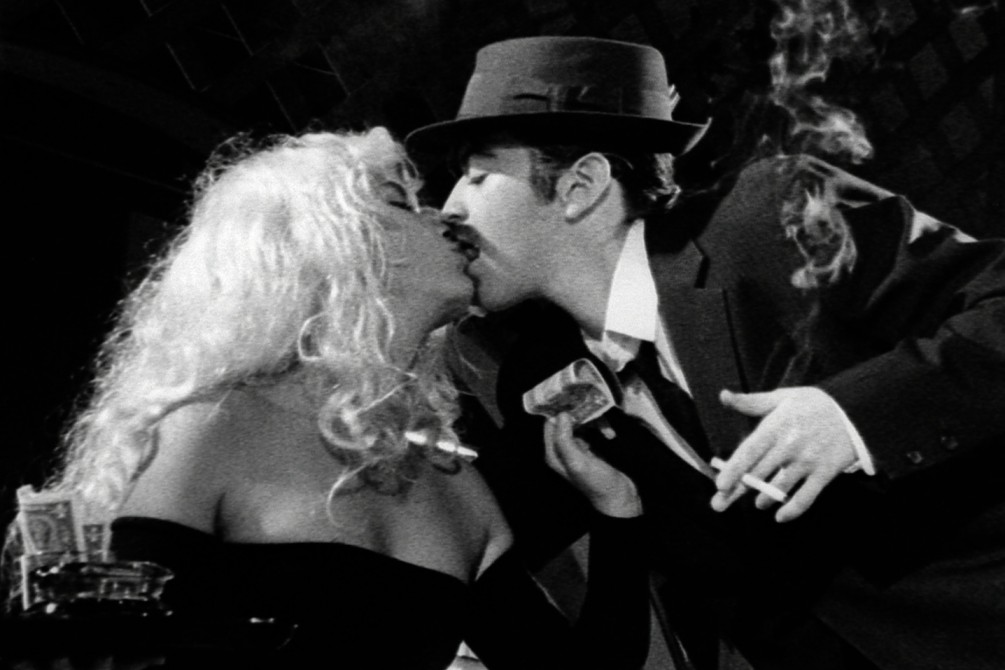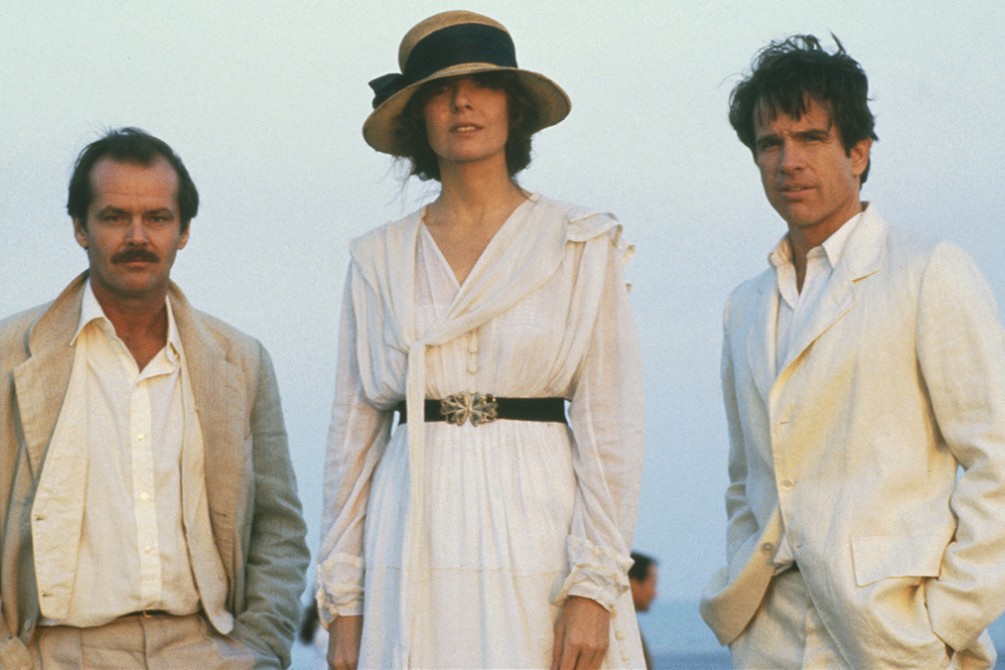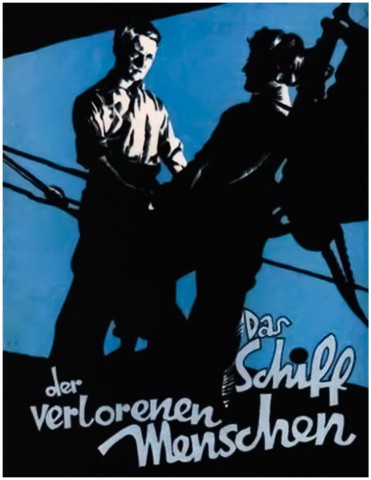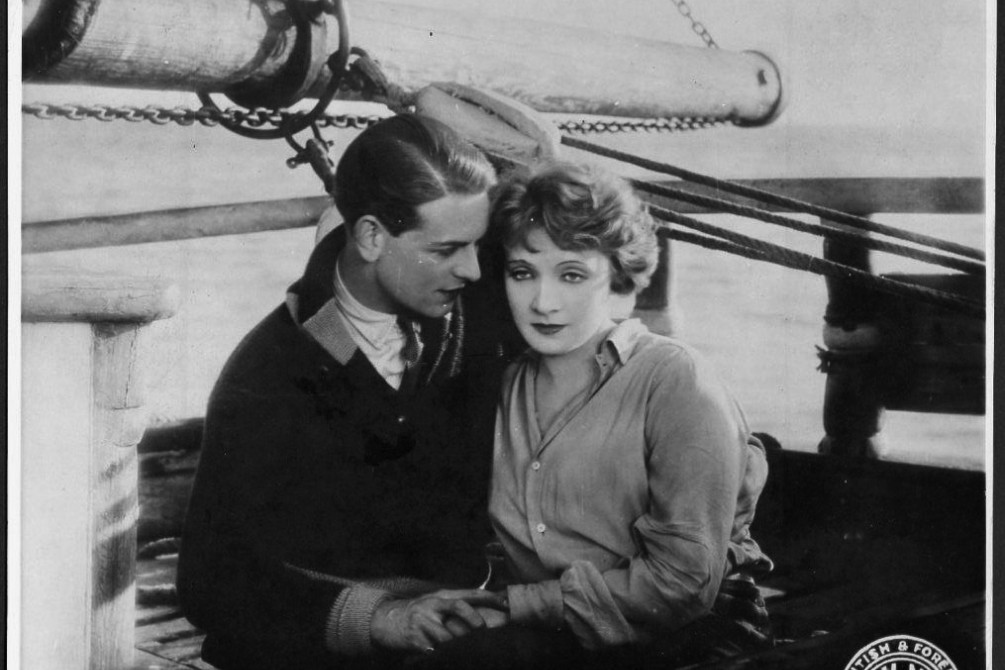
Presented by Chicago Film Society
Live musical accompaniment by Jay Warren
A Frenchman who established his directorial renown in New Jersey in 1914 when the infant industry was still working out the grammar of feature-length filmmaking, Maurice Tourneur carved out a niche for himself as a patient, painterly filmmaker with an idiosyncratic aesthetic. His methods were a poor fit for the ascendant studio system, and his short-lived but disastrous tenure at the helm of M-G-M’s production of The Mysterious Island ended Tourneur’s American career in 1926. Returning to Europe, Tourneur poured all his taste and skill into The Ship of Lost Men, a million-dollar German super-production that would be his last silent picture. With a roster of British, French, Russian, and German actors (including Marlene Dietrich as an American aviatrix, just before her Blue Angel breakthrough) calculated to appeal to markets that were already fragmenting with the coming of sound, Tourneur’s atmospheric drama plays like the valedictory voyage of cosmopolitan silent cinema. This tale of a barge of scoundrels who rise in mutiny against their tyrannical captain (Fritz Kortner) during an expedition to Brazil was largely ignored when it was new, a ghost ship drifting away in the fog. The Ship of Lost Men came ashore belatedly in the early 1970s, when silent film collector and distributor Paul Killiam donated a 35mm print to the American Film Institute. Although rarely revived, The Ship of Lost Men has been praised by historian William K. Everson for its “remarkable pictorial quality” and for Tourneur treating Dietrich “as though she had already established a screen mystique, cagily withholding her introductory closeup for as long as he can.”
Preceded by: "Felix Braves the Briny" (Otto Mesmer, 1926) – 7 min – 16mm
Recommended Films
